Music festivals seem to have become a big thing nowadays. I
guess they’ve been around for a long time – think Woodstock, a symbol of the
1960s, and Glastonbury. But nowadays
everyone seems to be talking about Coachella and South-by-Southwest and
Lollapalooza. Once I started looking into it, I realized there are literally
several hundred major ones across the U.S. annually and a similar number in
Europe. There are even several in Montana every year within a short distance of
Bozeman, and I’m not just talking about concerts associated with major events
like fairs.
Alas, I have been to concerts associated with rodeos and
state or regional fairs but never to a full multi-day music festival. Taking place in Whitefish in July, Under the
Big Sky is the largest such festival in Montana and dedicated mostly to country
music. I heard about it a few years ago
and had been told various things about it, such as that it had gotten to be
exorbitantly expensive and that tickets sold out quickly. I have usually tried to be based at home
during the summer months when the weather is nicer in Montana than most other
places and had Under the Big Sky on my radar for a few seasons.
When tickets came on sale toward the end of last year, I
tried to recruit friends from far and wide to join me. Unfortunately, I had no
takers. Undeterred, I went ahead and
bought my $299 general admission ticket for the three-day event. In the scheme of things, that price is really
not that bad for three days; some people pay thousands for VIP tickets to the
really big events, and tickets for a one-night concert can go into the hundreds
for very popular performers. Musical
performances are big business! It’s all generally a little rich for my blood,
but I thought I’d give it a try for once.
When I go to northwest Montana, I often like to take a few
days for hiking, but it was very hot. I got an early start on Friday morning to
get there in time for the mid to late-afternoon start to the festival. I even managed to get fixed at an auto glass
shop a sudden ding in my windshield from a rock that hit it just north of
Polson. The process of getting it repaired was smoother and faster than I could
ever have expected.
Under the Big Sky takes place out in the country at a place
called Big Mountain Ranch about five miles east of Whitefish rather than right
in the town itself. One nice thing is
that parking is free, in contrast to some music festivals where it can be
$30-40 per day. While the festival was
advertised to start at 3:00, that was just when the gates opened. Music didn’t get going until later in the afternoon
around 5:00. But that gave me the
opportunity to check out the merchandise.
People are apparently willing to spend plenty to announce to the world
that they went to events - $35 tee-shirts. Fuhgeddaboutit! On opening afternoon as well as the two other
days of the festival there were also some rodeo events taking place in a small
arena to create that real western ambience.
I understand that at some bigger festivals there are
multiple stages, but for Under the Big Sky there are only two. The Great Northern Stage is the main stage
with the bigger field to accommodate a larger crowd while the Big Mountain
Stage accommodates lesser-known acts.
They are far enough apart across a small hill that heading back and
forth between them through the day when bands on the main stage set up or break
down can be a fair daily cardio workout.
It turned out to be a very hot weekend, one made for
drinking beers. But I soon discovered
that cans of beer and hard seltzer were around $17 each, although for 24-ounce
cans. And food was way overpriced as
well. But there’s no escape – no food or
drinks can be brought in and there’s no reentry, so you can’t go out to the
cooler in your car.
Free tap water is
provided for you to fill up the single empty bottle you are permitted to bring
into the grounds. What a rip off! I understand it’s similar at major sporting
events, but I haven’t been to one of those in years. The food vendors all appeared to be from the
same company with workers that apparently travel with the company from festival
to festival. They clearly were not from
Montana.
No outside food allowed, but blankets and chairs are
permitted on the large field at Great Northern Stage. The front part nearer the stage, however, is
reserved for standing. I debated whether
to bring one of my camp chairs in the back of the car with me, but determined
it would be more of a nuisance than it’s worth. I may be about to turn 57 years
old, but I’m perfectly capable of being on my feet for most of the day. Besides that, the standing area closer to the
stage has better views and a younger more energetic crowd filled with lots of
handsome cowboy types – much more fun than the oldies and fatties farther back
sitting in their lawn chairs.
The first night’s line up at Great Northern stage began with
Muscadine Bloodline, a Deep South duo from Alabama I had not heard of
before. They said Whitefish was the
farthest north they had ever been.
Overall, a quite decent band in my opinion.
Next up was my favorite performer of the festival. Tanya Tucker is from an older age of country
music of the 1990s which I prefer to the much of the more recent stuff I am
less familiar with. I recognized lots of
songs I’ve been listening to over the years, some I didn’t even realize were
hers. Her daughter was present on stage
with her, and at one point Tanya held up her new infant granddaughter for
everyone to see. She’s a reall showlady.
The came Brothers Osborne, a group of brothers originally
from Maryland whose style is a Southern rock & 1990s country crossover that
I quite enjoyed. Again, I was not familiar with them.
The first night’s headline act was Turnpike Troubadours, an
Oklahoma group I had heard about mostly from my carpenter Joe who really likes
them.
The lead singer and five male band members play some seriously energetic
serious country. I enjoyed their ballads but still don’t fine them to be as
catchy and memorable as those of artists from the 1990s like Toby Keith, Alan
Jackson, Garth Brooks, and George Strait, let alone the Golden Oldies of
country.
One of the groups I checked out over on the Big Mountain
stage was Hogslop String Band, a punk-influenced string crossover originally from
(you guessed it!) Portland, Oregon. They seemed rather out of place at a
country music festival. When not singing and just talking to the crowd, every
other word out of the lead’s mouth was fucking.
Dys 2 and 3 of the festival were more of the same. The music
actually started significantly later than the 12:00 opening time. There was some rodeo for side entertainment,
and most of the acts through the day and into early evening on both stages were
less famous groups, or at least ones I had not heard of. The headline evening performer on Day 2 was
Miranda Lambert, someone who’s been a top female star for about a decade and
also known for marriage to and breakup with Blake Shelton.
Miranda Lambert is queen of what I’d call the
Nash-Vegas style of country music – big and showy performance, loud instrumentals
that make the sung ballad difficult to hear or understand. It’s a kind of crossover with pop that I don’t
care for all that much. I suppose,
however, it is the case that everyone thinks the music of the decade he or she
grew up in the be the best of all time.
By Sunday I had figured out the system. First, there’s not reason to show up before
about 2:00 or 3:00 in the afternoon.
Second, Eat a big lunch in town so you don’t have to buy the carney
food. Third, have a few drinks in the car before entering the grounds. I found Whiteclaws
to be preferable to beers on such a hot day. Fourth, I figured out it would be
possible to smuggle in a few shot-size bottles of Fireball in side compartments
of my camera case. Much better!
The last night’s headline act was Billy Strings and his
band, a guitarist from Kentucky whose primary style in Bluegrass. Info about him lists Progressive Bluegrass, Americana,
Outlaw Country, and Roots Rock as some of his crossover styles, but it all
seemed pretty Bluegrass to me.
What can I say in retrospect about my first country music
festival? Mixed feelings. I’m sure it would have been a better
experience had I been there with someone rather than alone. By the third day, I
felt like I had my fill of country music for a while. I doubt I’ll attend another such festival but
will continue to go to occasional concerts of performers or groups I like when
I have the opportunity to do so. One
night of music is great, a whole weekend of it is a bit much for me.
Waterton Lakes National Park – Canadian Side of Glacier
(July 15, 2024)
Glacier National Park in Montana and adjacent Waterton Lakes
National Park in Alberta together constitute what is called an international
peace park straddling the border between the two countries. The ecosystem
continues into neighboring Akinena-Kishinena Provincial Park in British
Columbia. Together they protect around two million acres of some of the most
spectacular scenery in the Rocky Mountains, jagged peaks, valleys, and lakes
sculpted by glacier that are now melting into near non-existence.
As some signs in Glacier still say, they are
forecast to be gone by 2020. Since that date has already passed, they seem to
be coy about making a new prediction for their final demise.
Although I make it to Glacier National Park almost every
summer since I’ve lived in Montana, I’ve only been to Waterton Lakes twice, and
that was many moons ago. I made a brief stop there with my mom on out 1988 trip
to the West and Alaska and then spent three days camping and hiking in the park
in August 2001. My interest in returning
was largely to do a very famous hike I missed back then, the hike to Crypt
Lake, which will be my next blog entry.
Waterton Lakes general lay of the land for the visitor is
not a very complex one. There’s one road
with several viewpoints from the border post to the main road into the park and
townsite. The town of Waterton is set on the west side of Upper Waterton Lake,
the southernmost of lower, middle, and upper lakes that extends into the
mountains and across the border. From
the townsite area there are two other roads, the Red Rock Parkway and Akamina
Parkway that extend west up valleys into the Rocky Mountains toward the
Continental Divide.
Perhaps Waterton Lakes most famous site is the majestic
Prince of Wales Hotel, perched on a hill beside the lake but absolutely dwarfed
by the peaks that surround it. In some ways it resembles the grand national
park lodges in Glacier and other U.S. parks, but there’s a difference. At the Many Glacier Hotel in Glacier the male
staff where lederhosen; at Prince of Wales they wear kilts. Waterton’s townsite
is a true small town with numerous inns, hotels, campgrounds, restaurants, and
stores, a pleasant place to stay while visiting the park. I spent my evening at
the Thirsty Bear, a bar/restaurant whose name probably appealed to me more than
the menu.
I was not aware of it previously, but a large part of
Waterton Lakes National Park burned in a fire in 2017, something apparent from
the appearance of the mountains on the west side of the lake from the
townsite. The extent of the destruction
became apparent when I drove the Akamina Parkway to Cameron Lake. Where there were lush green forests extending
up the mountainsides from the valley back then, now there are only fire-blackened
trunks.
New growth carpets the ground, though, seven years after the fire. The long one-way hike I did back then from
Cameron Lake back to the Waterton townsite via Carthew Lakes and Alderson Lake,
considered one of the top three hikes in the park, is entirely through the zone
of fire devastation. I am glad I got to
experience the beauty back then, because I suspect it won’t be fully recovered
within my natural lifetime.
With so much of the park still recovering from the fire in
2017, visitation is apparently down at Waterton Lakes. I recall the town as having been a quite busy
place in 2001 and was quite surprised how it seemed rather quiet this year,
especially compared to the level of activity in Glacier National Park on the
U.S. side of the border.

 Whitefish, Montana, United States
Whitefish, Montana, United States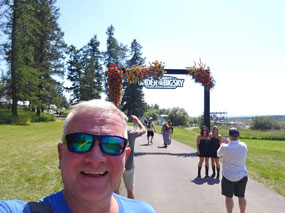
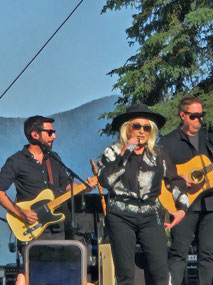
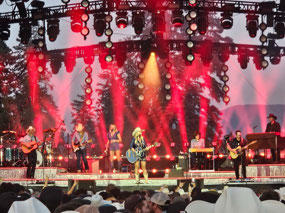
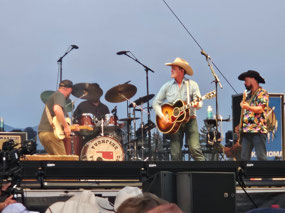
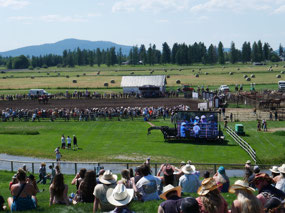
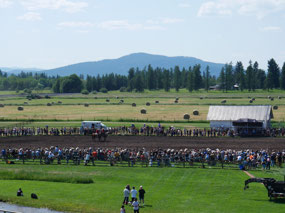
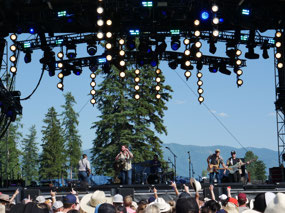
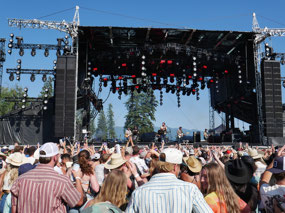
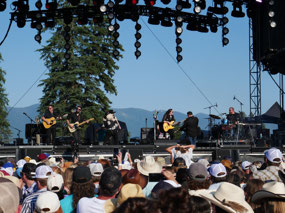
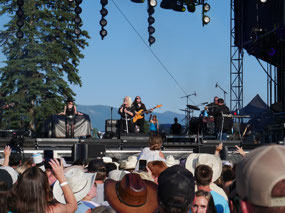
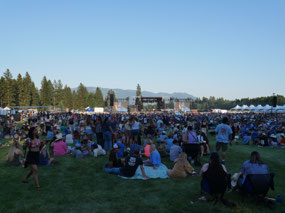


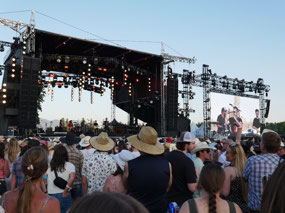
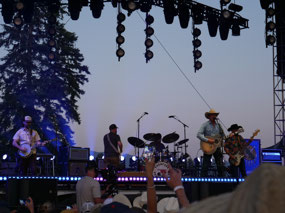
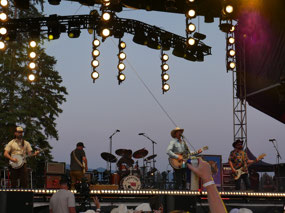
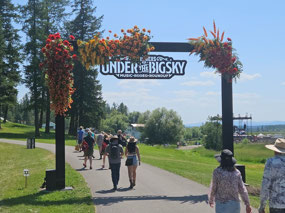
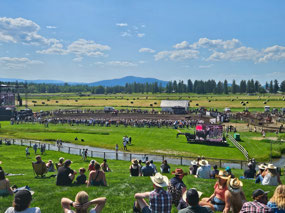
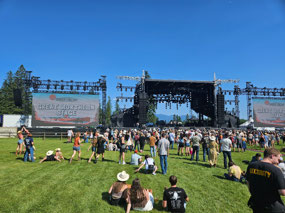
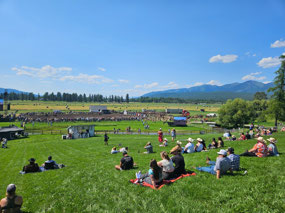
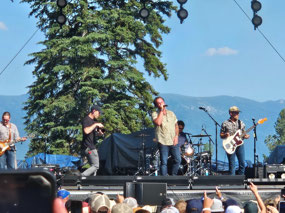
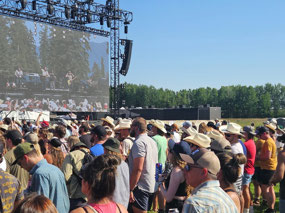
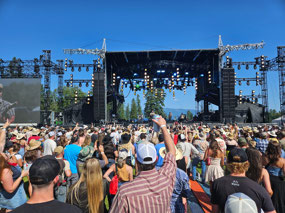
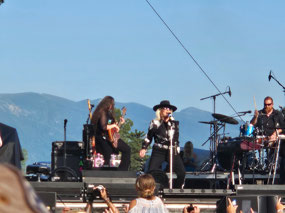
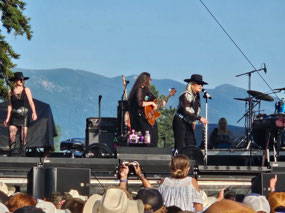
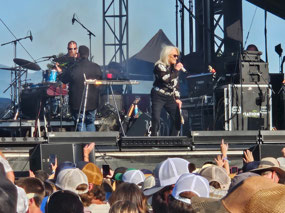
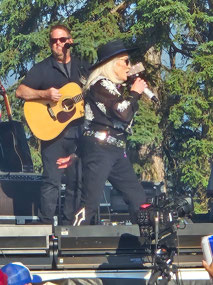
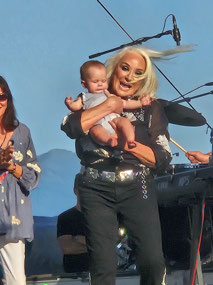
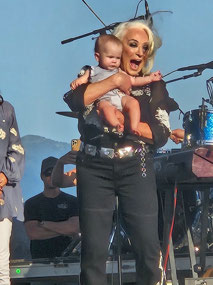
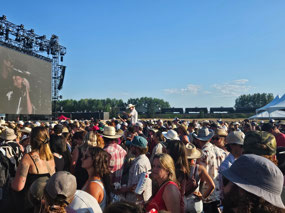
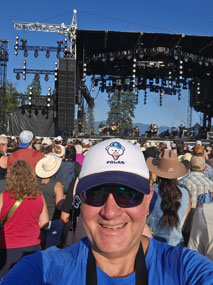
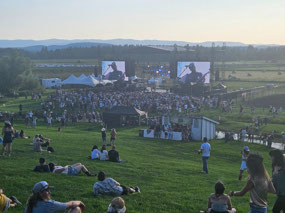
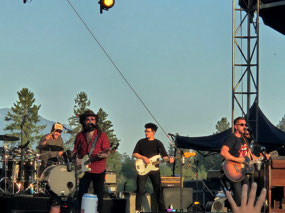
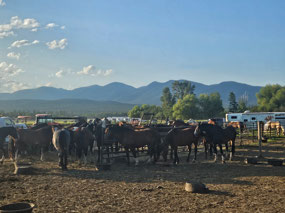
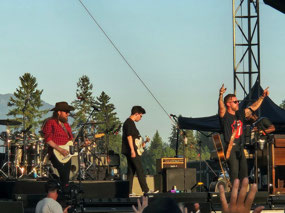
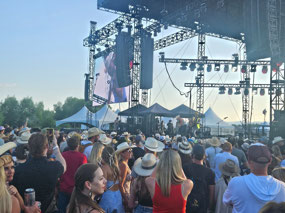
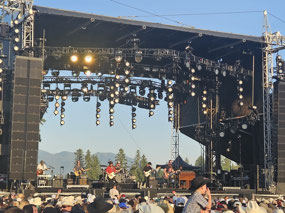
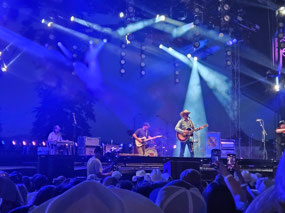
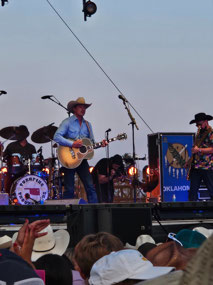
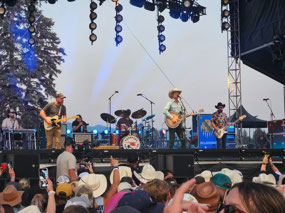
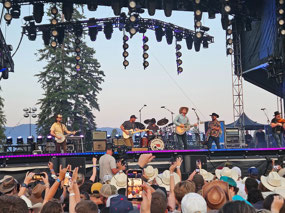
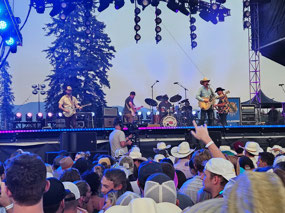
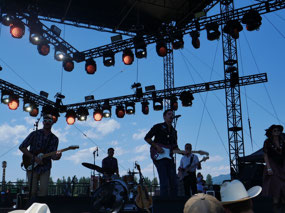
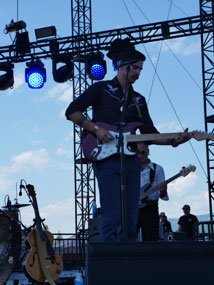
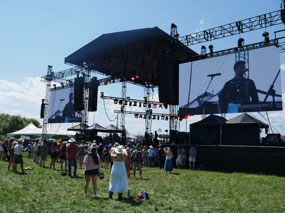
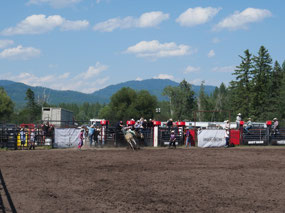
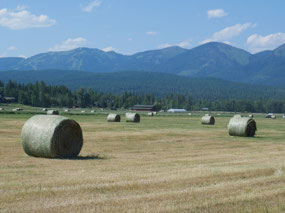
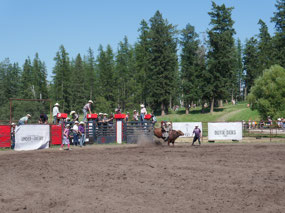
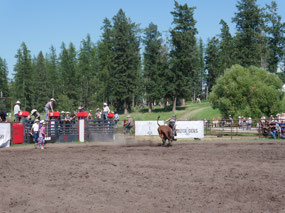
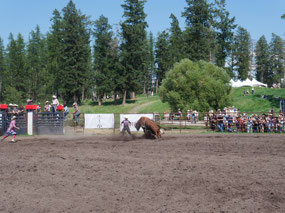
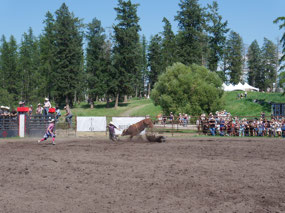
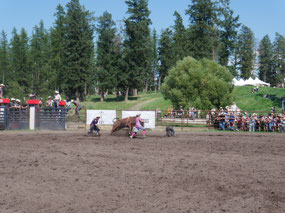
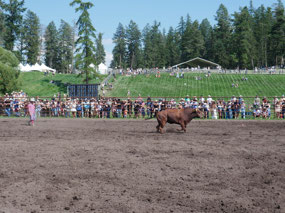
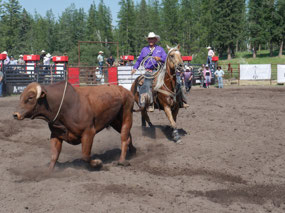
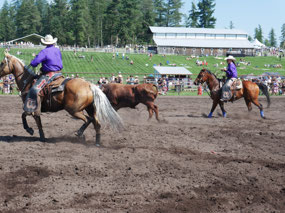
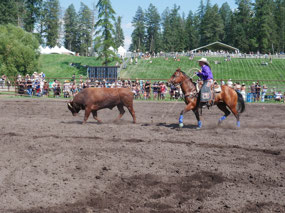
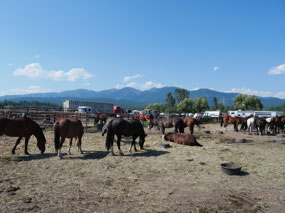
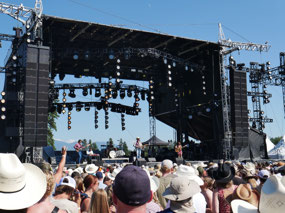
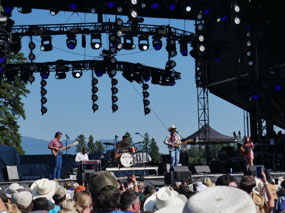
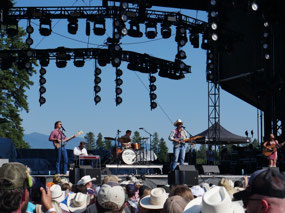
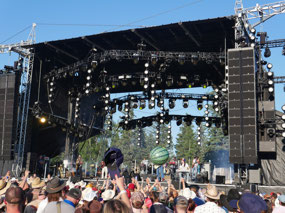
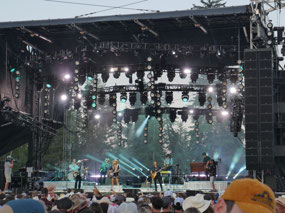
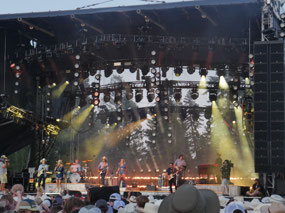
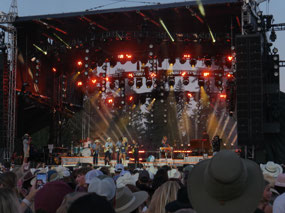
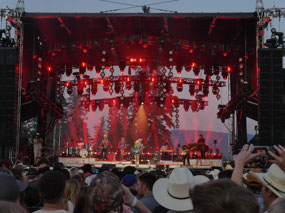
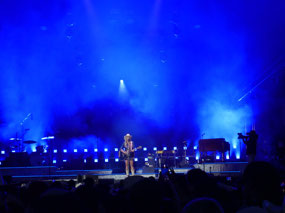
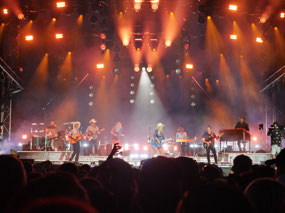
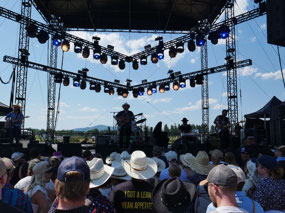
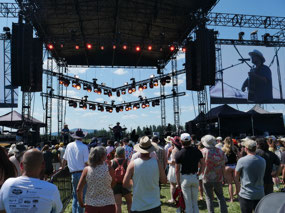
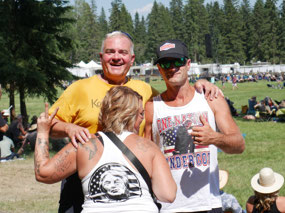
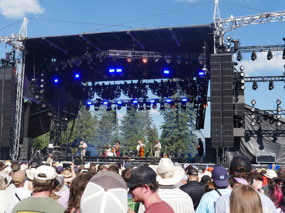
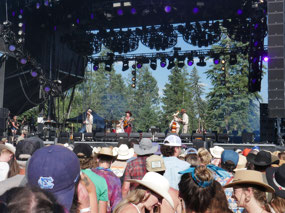
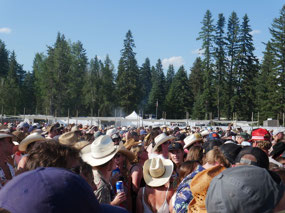
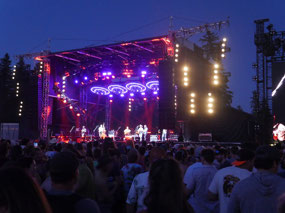
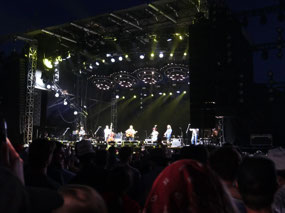
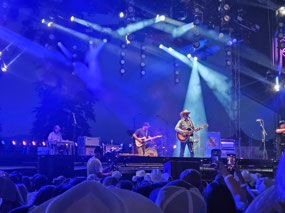
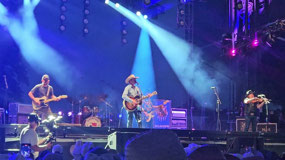
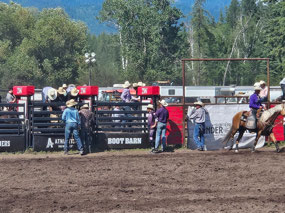
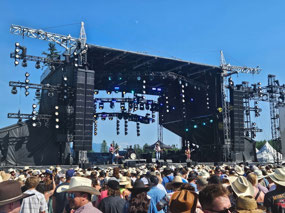
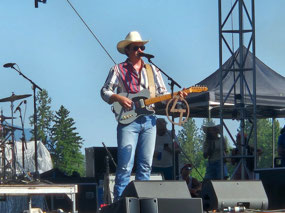
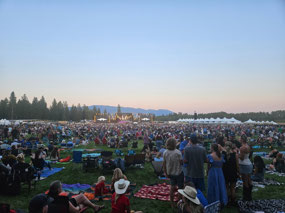
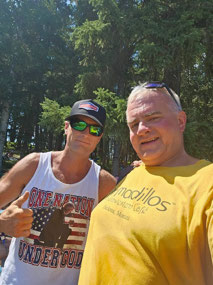
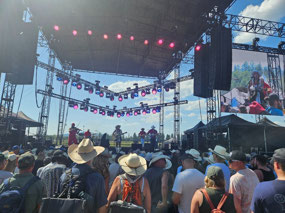
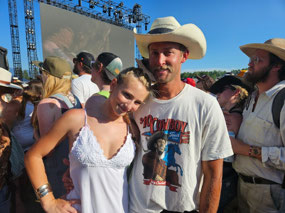
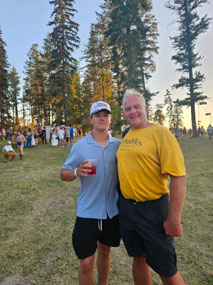
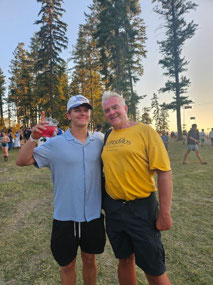
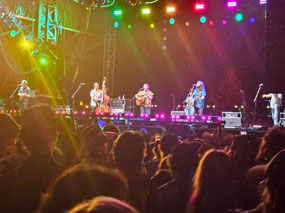
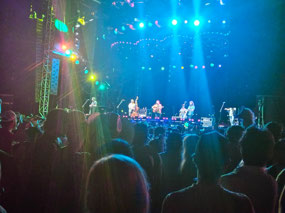
2025-05-22